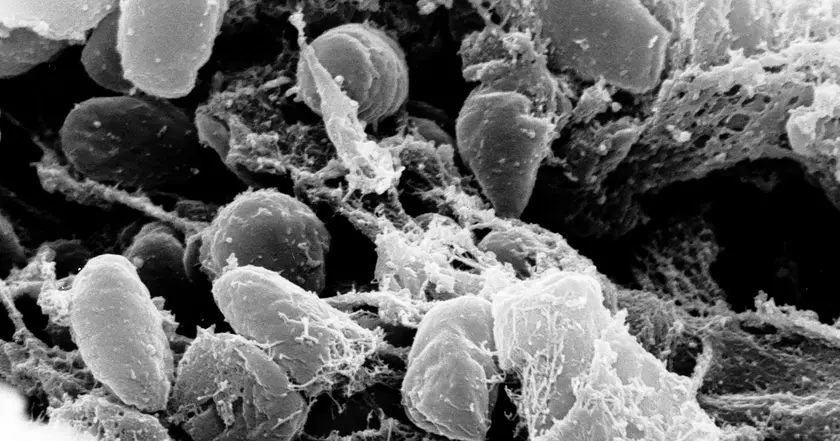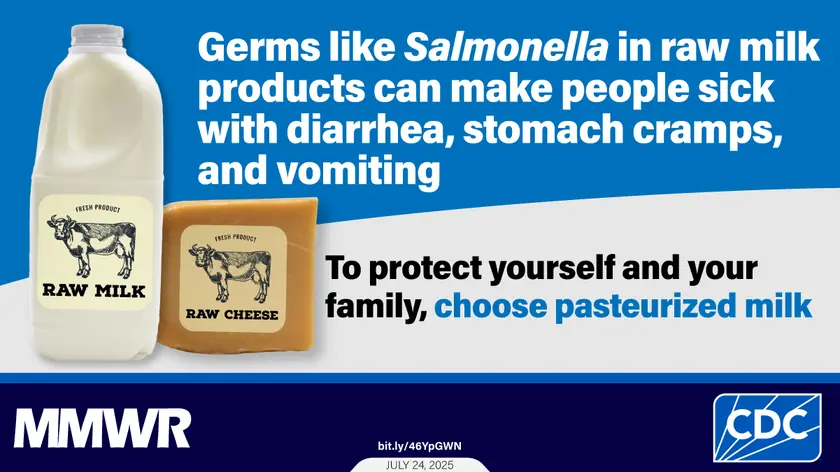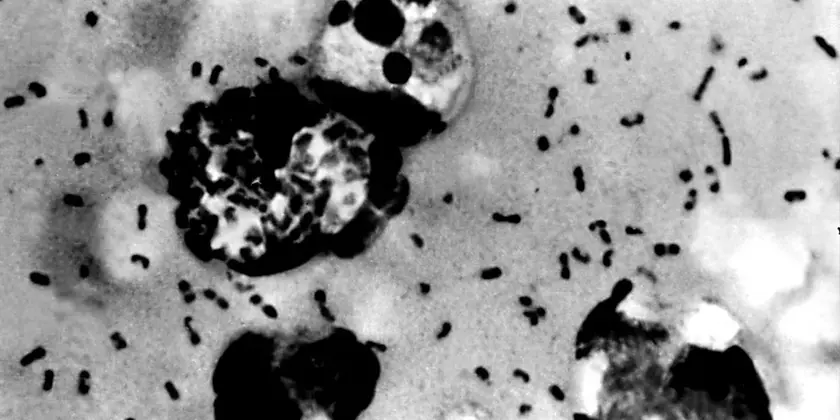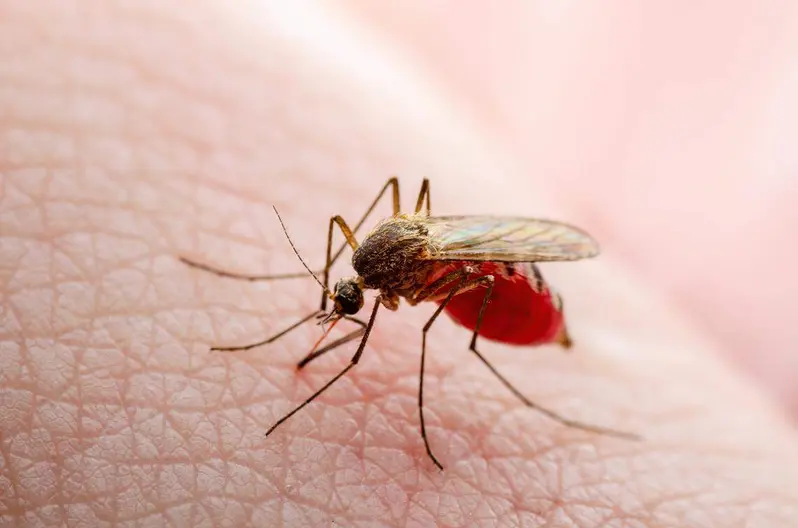T4K3.news
California Plague Case Confirmed
A California resident tested positive for plague after a camping-related flea bite; officials urge calm and awareness while monitoring potential exposure.

A California resident tests positive for plague, highlighting ongoing health risks from zoonotic diseases in the western United States.
California Resident Tests Positive for Plague
A resident in South Lake Tahoe, California, has tested positive for plague, according to local health officials. The case is linked to a flea bite while camping, and health workers are tracing exposures. Separately, a person in Arizona died from plague last month. Plague is a bacterial disease that occurs naturally in the western United States and typically leads to about seven cases nationally each year, the CDC says.
Humans contract plague mainly through flea bites or handling infected animals. Symptoms such as fever, swelling of lymph nodes, nausea and weakness usually appear within two weeks of exposure. The disease can be treated effectively with antibiotics if caught early, and officials say the public risk remains low. Health officials emphasize precautions outdoors and for pets, especially in areas with wild rodents.
Key Takeaways
"Plague is naturally present in many parts of California, including higher elevation areas of El Dorado County"
Quote from Kyle Fliflet, El Dorado County acting public health director
"It's important that individuals take precautions for themselves and their pets when outdoors"
Advice from Kyle Fliflet on outdoor safety
"The disease can be cured with antibiotics"
Health officials on treatment options
"The risk to the public of exposure remains low"
Official assessment of public risk
The case underscores the ongoing threat of zoonotic diseases in the West, even in places with strong health systems. It shows how outdoor recreation intersects with public health in real time, and how messaging matters when people are camping or hiking. While the immediate risk to residents is low, the episode highlights the need for clear guidance on prevention, prompt medical care, and cross-border awareness as cases emerge in neighboring states.
Experts also note climate and wildlife dynamics can affect the spread of rodent-borne illnesses. The incident invites policymakers and health agencies to reinforce surveillance, vaccination where available, and public education about pet protection and safe outdoor practices.
Highlights
- Plague is naturally present in many parts of California including higher elevation areas of El Dorado County
- It's important that individuals take precautions for themselves and their pets when outdoors
- The disease can be cured with antibiotics
- The risk to the public of exposure remains low
Public health risk from zoonotic disease case in western states
A plague case in California and a separate fatal case in Arizona highlight ongoing zoonotic disease risks. While public exposure risk is low, authorities must maintain surveillance, ensure rapid treatment, and communicate clear outdoor safety guidance.
Public health officials remind residents to stay informed as outdoor seasons continue.
Enjoyed this? Let your friends know!
Related News

Plague case confirmed in Tahoe resident

Plague case confirmed near Lake Tahoe

Plague case confirmed in South Lake Tahoe

Salmonella outbreak traced to brand A raw milk

Plague case reported in South Lake Tahoe

Public health alert issued

Flea-borne typhus cases rise in Southern California

Anti-vaccine advocate catches measles without alerts
